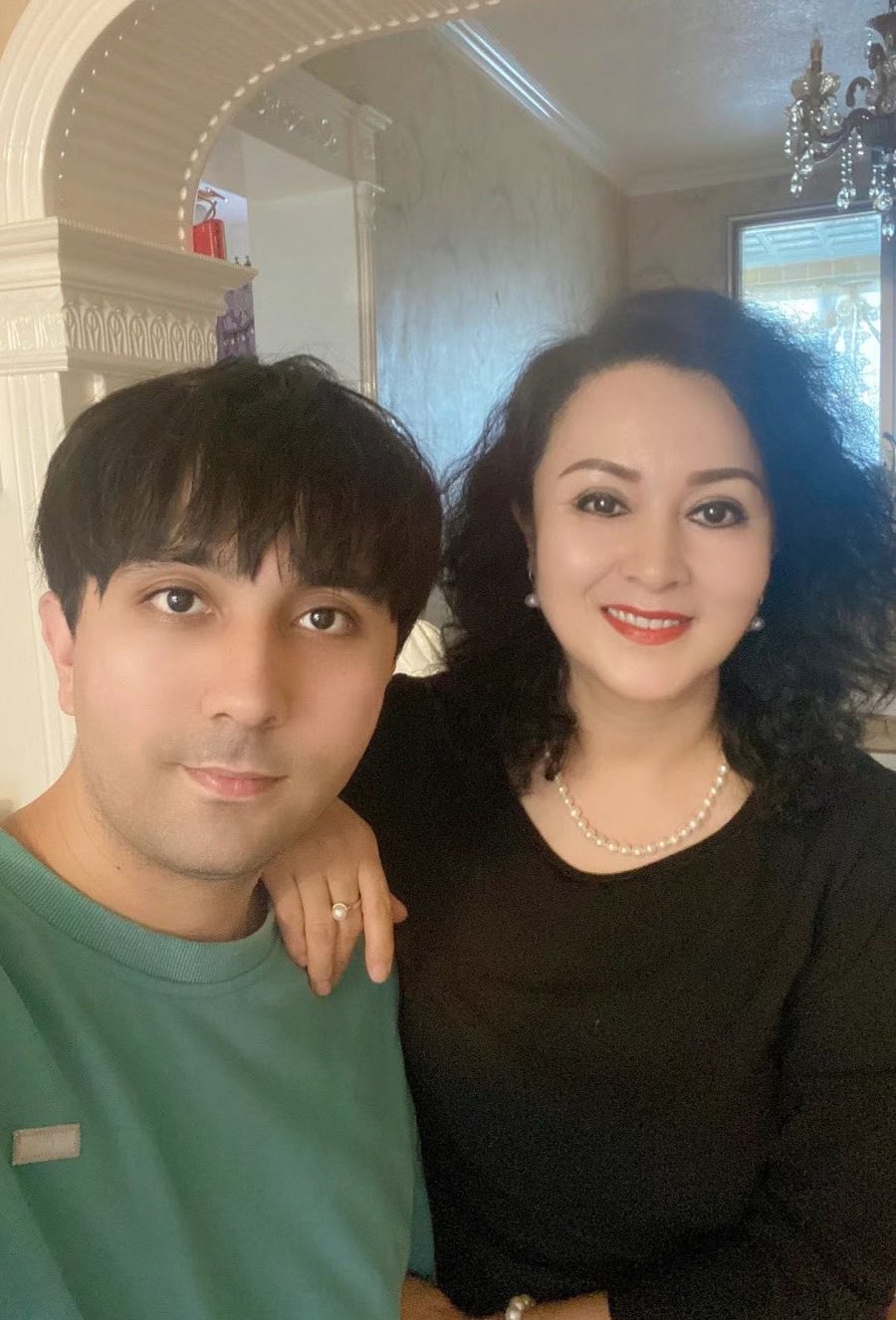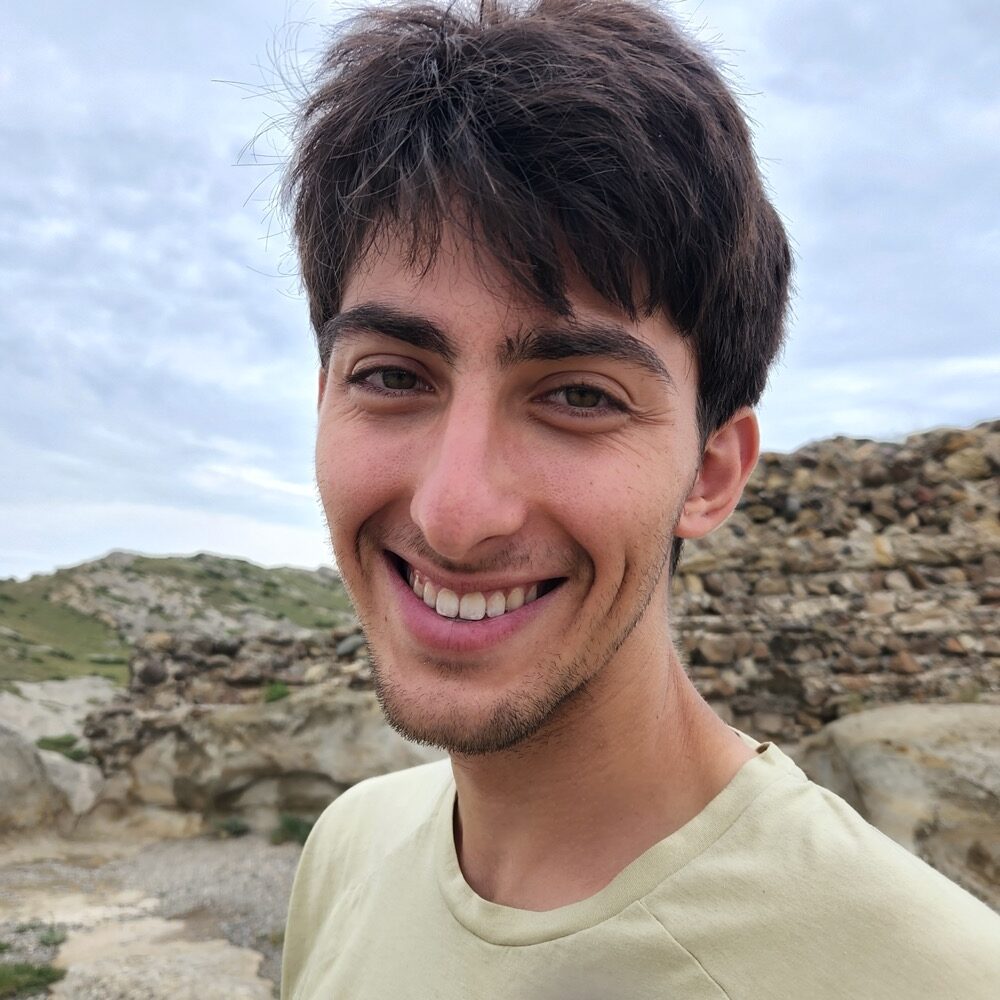A Uyghur mother pleaded for her detained son. Now she’s missing, too.
Last month, police in Xinjiang took away Rahile Jalalidin after she protested the 15-year prison sentence given to her son, Zulyar, on a charge of "separatism." Zulyar's acquaintances, speaking to The China Project, say the charge seems implausible.

It’s been more than a month since anyone’s heard from Rahile Jalalidin. On July 22, police took the 52-year-old Uyghur woman from her home in Urumqi, leaving behind her husband, 14-year-old daughter, and elderly, ailing parents. Rahile herself is unwell — a close relative says she’s suffered from serious cardiac problems in the nearly two years since her son, Zulyar Yasin, 26, was detained.
Urumqi police have declined to release any information on her current condition, where she’s being held, or what she’s accused of, despite her potentially life-threatening health issues — including hypertension and arrhythmia — and multiple recent hospitalizations. Meanwhile, the International Committee of the Red Cross told The China Project that it’s “not in the position to comment” on the lack of medical transparency in Rahile’s detention.
Abduweli Ayup, a Uyghur scholar and human rights activist, believes Rahile was arrested because of her objection to Zulyar’s recent sentencing. In June, Zulyar received an additional 10 years on top of the five that he was already serving. According to sources close to the family, Zulyar’s detention took a strong mental toll on Rahile. Unable to bear the pain, she was driven to openly ask authorities for his release.
Zulyar was first arrested in December 2021 after returning to Xinjiang from his college in Fujian, where he’d restarted his undergraduate degree after cutting short his studies at Istanbul University. Amnesty International reports that he was charged with “separatism,” an accusation commonly leveled against Uyghurs who have lived in Turkey.
Zulyar’s Istanbul acquaintances say the charge sounds especially implausible for him. They describe him as a straight-laced, soft-spoken person with no interest in politics. “Because the state schools didn’t look too closely [at attendance], we had a lot of free time. We just went to internet cafes. But usually, Zulyar would go to class. He wouldn’t skip. Other kids would always skip,” says Rafayil, one of Zulyar’s former roommates. “I don’t think he ever left Istanbul.”
Even within the city, Zulyar and other students from Urumqi were careful to stay away from places that could mark them as suspicious by association. Having much less exposure to the more open tension of Xinjiang’s Uyghur-majority southern regions, they wanted to be able to return safely to their hometown, a metropolis that made Istanbul seem “boring,” says Rafayil. “They would never go to Zeytinburnu,” Istanbul’s main Uyghur neighborhood where pro-independence movements are active. “They wanted to avoid causing themselves any trouble. There were already a lot of Uyghur spies over there.” While the Uyghur students in the dormitory would discuss the worsening situation in Xinjiang, Zulyar and many others were afraid to get involved in political activities. Another roommate, Ibrahim, says they thought, “If I join something like that, do something like this, [China] will attack my parents.”
Zulyar was strongly affected by the suicide of a close friend in 2016, says Yaqup, another resident of the dorm who knew both of them well. The emotional difficulty of that time, as well as a string of terrorist attacks in Turkey, convinced him to return to China that September. Only five years later was he detained for his alleged involvement in foreign separatist activities. In July 2023, nine other Uyghur students who’d voluntarily returned from Istanbul received similar sentences. They were in the same circles, with some living in the same dorm. Rafayil remembers a man in his thirties who stayed there, tried to hang out with students, and eventually admitted that he was sent by China to spy on them. Rafayil now wonders whether the agent had a connection with the arrests of his friends.
Given that Turkey is one of the 26 “sensitive countries” that Uyghurs are “interrogated, detained, and imprisoned” for having visited, its response to the Xinjiang crisis has been “incredibly disappointing,” says Maya Wang, the associate director of Human Rights Watch. “But of course, opportunities still exist. There’s a coming September Human Rights Council Session — it would be lovely to see the government of Turkey actually taking some co-leadership role.”
The use of formal prison sentences like Zulyar’s, she adds, is typical of “the current phase of the crackdown where the authorities are using the law to punish the Uyghurs so it doesn’t attract all that attention.” Moving away from the reeducation camp system, China “is legalizing and normalizing that repression to desensitize people and encourage them to turn another page so they can continue trade.”
In a speech in Urumqi on August 26, Xinhua reports, President Xí Jìnpíng 习近平 said that “the fight against terrorism and separatism should be integrated with law-based and constant work of maintaining stability.” Zulyar’s mother, meanwhile, is still held without charge, facing prison conditions that have been known to kill the elderly and infirm. Her relative living outside China struggles to keep hope: “Now her suffering has been added to Zulyar’s. How can my heart take this?”
Some sources’ names have been changed for their safety.






